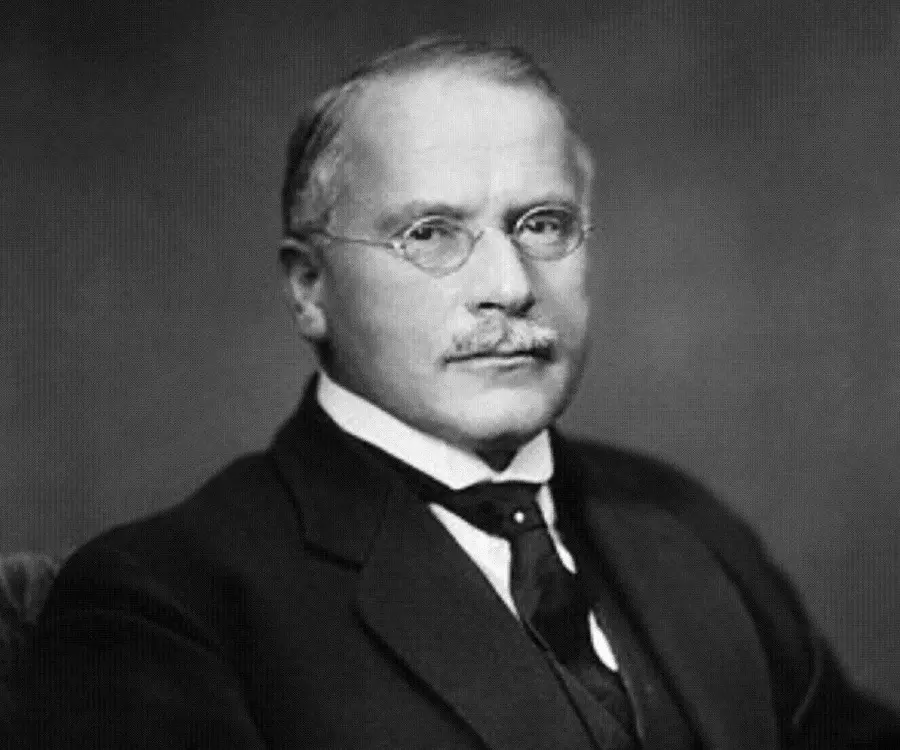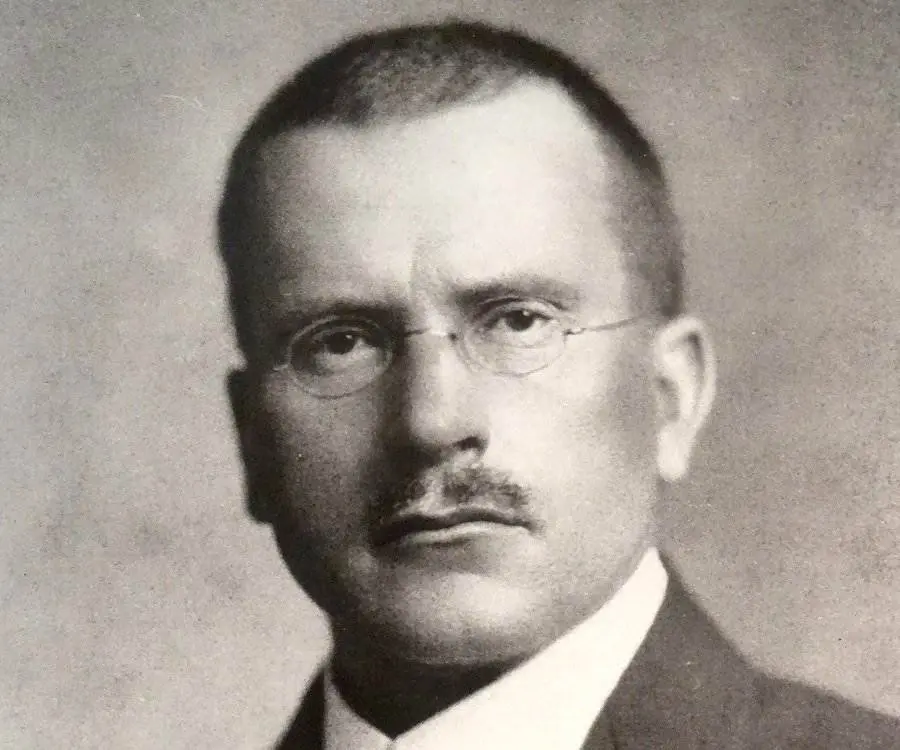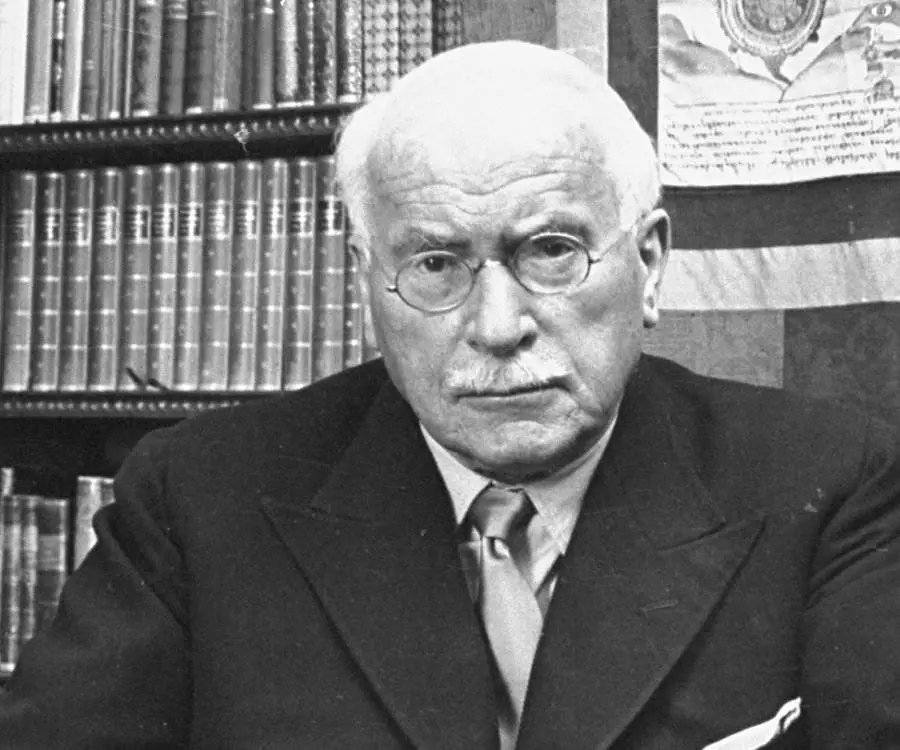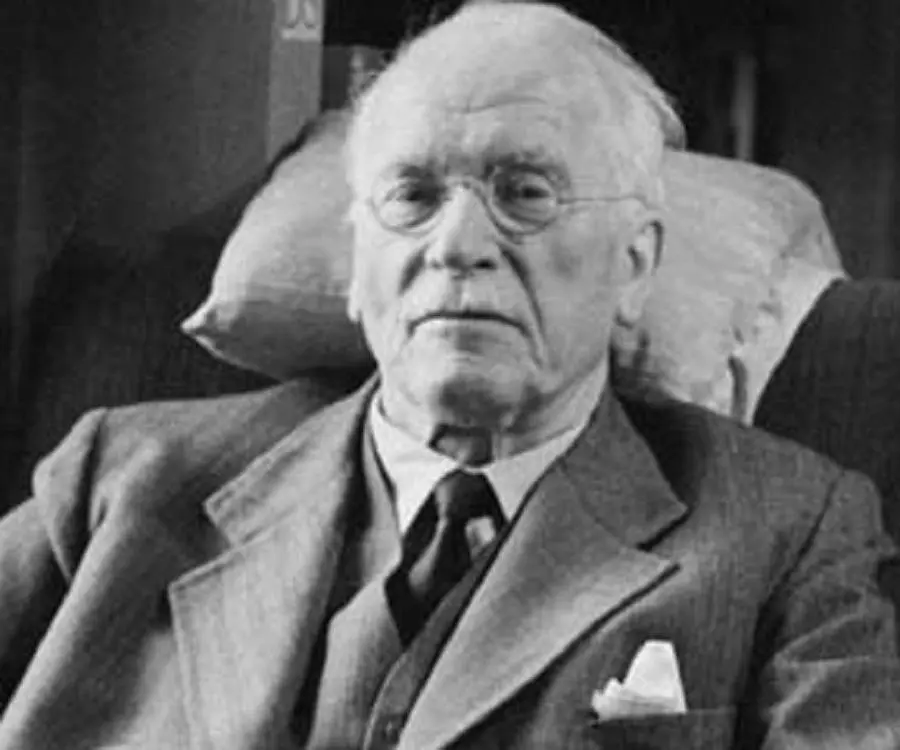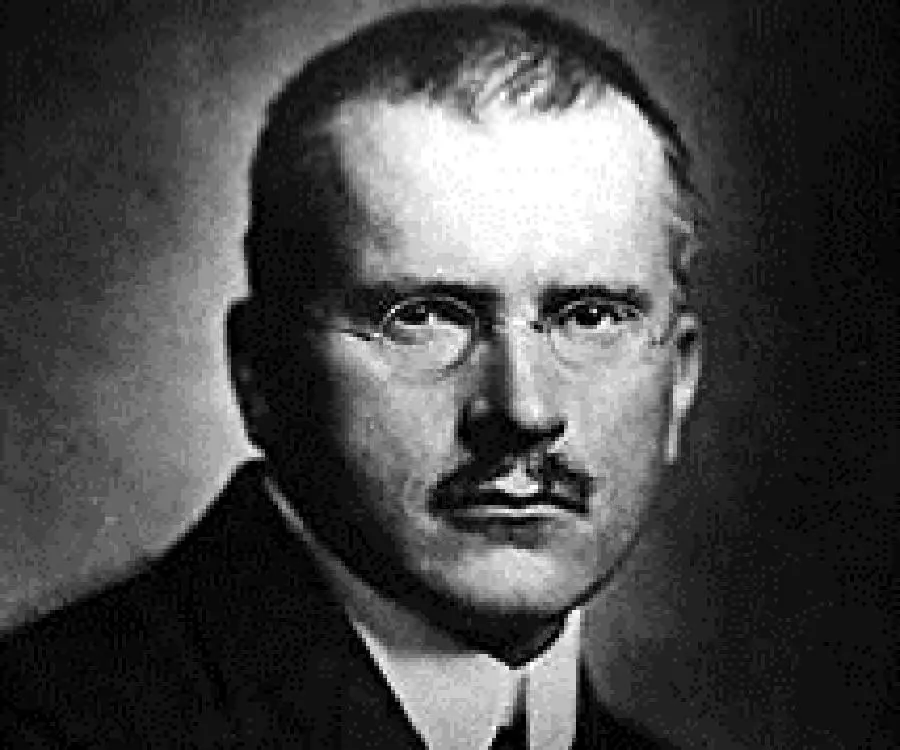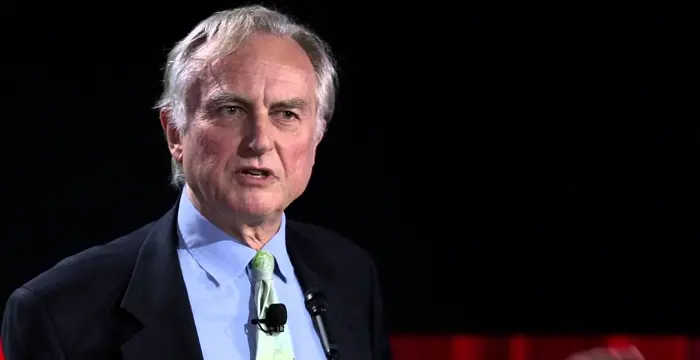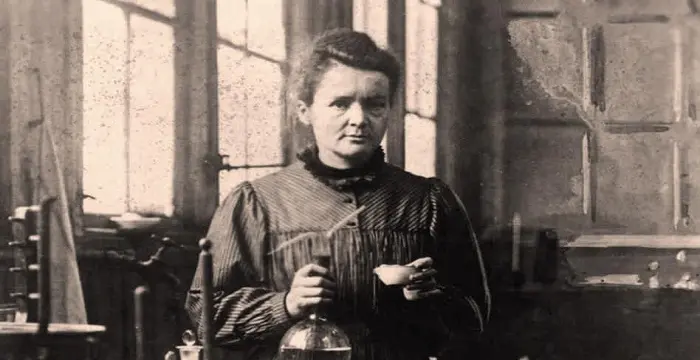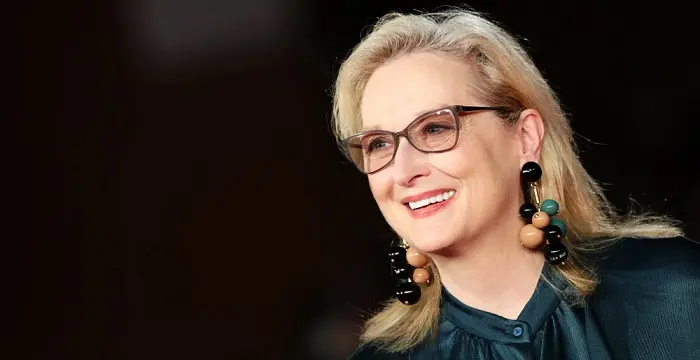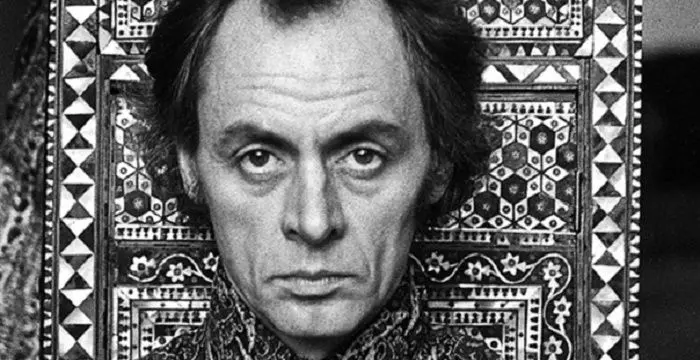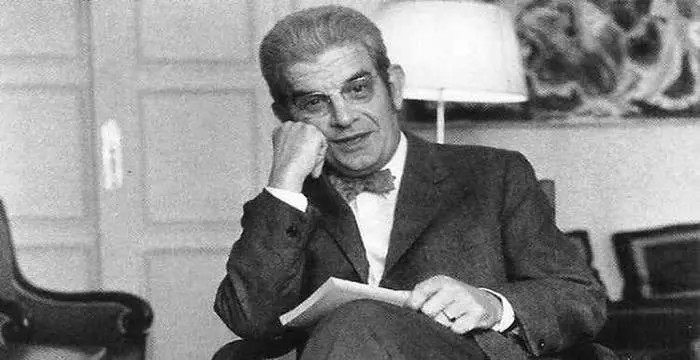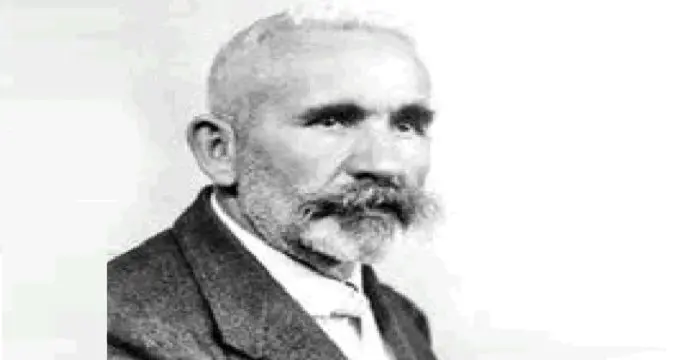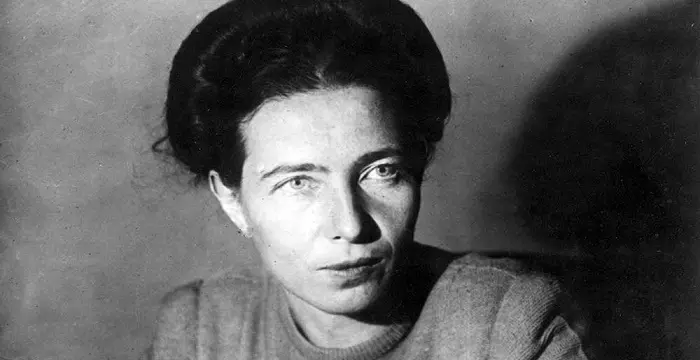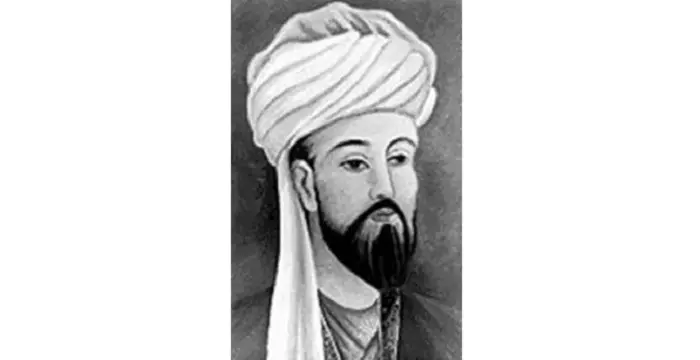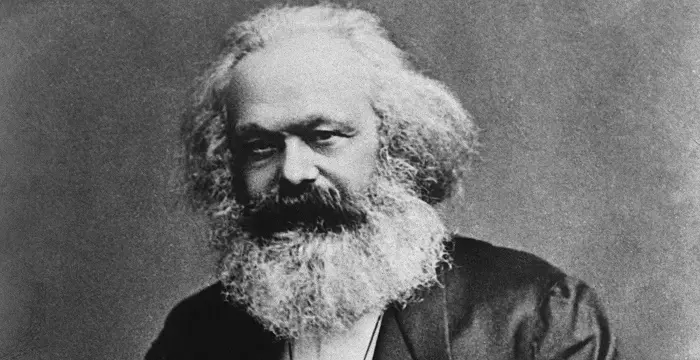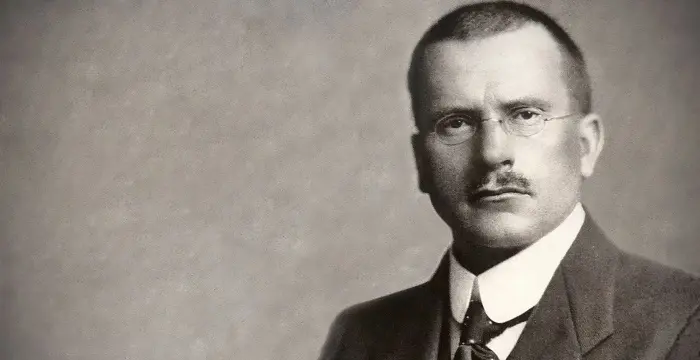
Carl Jung - INTP, Family and Facts
Carl Jung's Personal Details
Carl Jung was a Swiss psychiatrist famous for founding the school of analytical psychology
| Information | Detail |
|---|---|
| Birthday | July 26, 1875 |
| Died on | June 6, 1961 |
| Nationality | Swiss |
| Famous | Intellectuals & Academics, Philosophers, Psychiatrists, INFJ, INTP |
| Spouses | Emma Rauschenbach |
| Siblings | Basel |
| Known as | Carl Gustav Jung |
| Childrens | Agathe Niehus, Franz Jung-Merker, Gret Baumann, Helene Hoerni, Marianne Niehus |
| Universities |
|
| Birth Place | Kesswil, Thurgau, Switzerland |
| Epitaphs | Vocatus atque non vocatus_x000D_, Deus aderit |
| Personality | INFJ |
| Gender | Male |
| Father | Paul Achilles Jung |
| Mother | Emilie Preiswerk |
| Sun Sign | Leo |
| Born in | Kesswil, Thurgau, Switzerland |
| Famous as | Psychiatrist |
| Died at Age | 85 |
// Famous Intellectuals & Academics
Bertil Gotthard Ohlin
Bertil Gotthard Ohlin was a famous Swedish economist. This biography profiles his childhood, family life & achievements.
Emily Greene Balch
Emily Greene Balch was an American economist, sociologist and pacifist who won the 1946 Nobel Peace Prize. This biography of Emily Greene Balch provides detailed information about her childhood, life, achievements, works & timeline.
Martin Buber
One of the greatest philosophers to have ever walked on earth, Martin Buber contributions to philosophy is a long-standing one. Explore all about his profile, childhood, life and timeline here.
Carl Jung's photo
Who is Carl Jung?
Carl Gustav Jung was a famous psychiatrist and psychotherapist who founded the school of analytical psychology. He was a multifaceted personality with interests in fields as diverse as medicine, religion, literature, philosophy, archeology and occult. He had a difficult childhood as his mother suffered from depression and was extremely moody. He was an introverted child and suffered from multiple personality disorder—this incident had a profound influence on his future career as a psychiatrist. Another childhood incident which shaped his career was when he was pushed to the ground by a classmate which led to his having fainting spells throughout his childhood. His simultaneous interests in the field of medicine and spiritual phenomena led him to choose psychiatry which he considered a combination of both these fields. He made immense contributions to his chosen field and gave the world some of the best known psychological concepts like analytical psychology, personality profiling, collective unconscious, the complex, etc. He was once a close associate of Sigmund Freud and both the men influenced each other intellectually and attended several conferences together. Jung’s important theories include the concept of introversion and extraversion, the archetypes and synchronicity. He was a prolific writer who published his work in 19 volumes and continued writing till the end of his life.
// Famous INTP
Richard Dawkins
Richard Dawkins is an English ethologist and evolutionary biologist. This biography of Richard Dawkins provides detailed information about his childhood, life, achievements, works & timeline.
Marie Curie
Marie Curie was a Physicist and Chemist, who was world renowned for her work on radioactivity. She also was the winner of two Nobel Prize. Read this biography to get info about her life and profile.
Meryl Streep
Meryl Streep is one of the most talented actors of the modern era. She has played the most real-life characters in the history of cinema. Check this biography to get details about her life, profile & timeline.
Childhood & Early Life
He was born as the son of Paul Achilles Jung and Emilie Preiswerk. He was their fourth but the only surviving child. His father was a rural pastor.
His mother was eccentric and suffered from depression. She was a strange and mysterious woman who claimed to be visited by spirits at night. He had a strained relationship with her because of her mental problems.
His strained relationship with his often absent, moody and depressed mother shaped his attitude towards women in general.
As a child he suffered from multiple personality disorder and was convinced that had two personalities—a modern Swiss citizen and the other more in tune with eighteenth century.
A classmate pushed him hard to the ground when he was 12 years old. This resulted in his having fainting spells whenever he tried to go to school. As a result he stayed home for several months before rejoining school.
He enrolled at the University of Basel in 1895 to study medicine and graduated in 1900.
Career
He was appointed an assistant at the the Burgholzli Psychiatric Hospital, Zurich, under Professor Eugen Bleuler upon his graduation in 1900.
In 1903 he received his Ph.D. from the University of Zurich. His doctoral dissertation was titled ‘On the Psychology and Pathology of So-Called Occult Phenomena’.
Starting from 1905, he began lecturing on psychiatry at the University of Zurich. This continued up to 1913.
He published ‘Studies in Word Association’ in 1906 and sent a copy to the renowned psychologist Sigmund Freud. This marked the beginning of a friendship that would last six years.
Jung and Freud met for the first time in 1907—Freud was like a father figure to the much younger Jung and would greatly influence his formative years. Jung wrote ‘The Psychology of Dementia Praecox’ the same year.
He was made the editor of the newly founded ‘Yearbook for Psychoanalytical and Psychopathological Research’ in 1908.
He resigned from his post at Burgholzli in 1909 and traveled with Freud and Sandor Ferenczi to the United States to lecture on psychoanalysis. He also opened his own private practice of psychoanalysis in Kuessnacht.
Jung was made the Chairman for Life of the International Psychoanalytical Association in 1910. He eventually resigned from this position following his fallout with Freud later on.
Tensions started brewing up between Freud and Jung when the later began his work on ‘Psychology of the Unconscious’, primarily due to their opposing views on libido and religion. Their relationship grew increasingly strained and was over by 1912.
He went to London where he spoke at meetings of the Psycho-Medical Society in 1913 and 1914.
The World War I interrupted his work and he experienced considerable isolation in his professional life though he continued writing. He also experienced visions, hallucinations and psychological problems during the World War years.
He spent the decades of 1920s and 30s traveling all over the world and delivering lectures. He visited London, U.S., East Africa and India during his travels.
In 1932, he became a professor of psychology at the Federal Polytechnical University in Zurich. He held this position till 1940.
From 1934 till 1939 he served as the President of International Society for Medical Psychotherapy.
A prolific writer, he continued writing throughout his later years. Many of his works were translated into English after his death and published in a collection of 19 volumes.
Major Works
He founded the school of analytical psychology or Jungian psychology which aims to analyze human psychology in its wholeness through the integration of unconscious forces and motivations present in the human subconscious.
Personal Life & Legacy
He married Emma Rauschenbach in 1903. They had five children. Even though he remained married to Emma till her death, he had several affairs with other women, the most notable of whom were Sabina Spielrein and Toni Wolff.
He died in 1961 after a brief illness.
Trivia
The 2011 film ‘A Dangerous Method’ portrays a fictional dramatization of the life of this famous psychoanalyst.
// Famous Psychiatrists
R. D. Laing
R. D. Laing was an eminent Scottish psychiatrist. This biography provides information on his childhood, life, works and timeline.
Jacques Lacan
Jacques Lacan was a French psychoanalyst and a psychiatrist, considered to be the most controversial psycho-analyst since Freud. Check out this biography to know about his childhood, family life, achievements and fun facts about him.
Emil Kraepelin
Emil Kraepelin was a German psychiatrist who is known as the founder of psychopharmacology and psychiatric genetics. To know more about his childhood, career, profile and timeline read on
Carl Jung biography timelines
- // 26th Jul 1875He was born as the son of Paul Achilles Jung and Emilie Preiswerk. He was their fourth but the only surviving child. His father was a rural pastor.
- // 1895 To 1900He enrolled at the University of Basel in 1895 to study medicine and graduated in 1900.
- // 1900He was appointed an assistant at the the Burgholzli Psychiatric Hospital, Zurich, under Professor Eugen Bleuler upon his graduation in 1900.
- // 1903In 1903 he received his Ph.D. from the University of Zurich. His doctoral dissertation was titled ‘On the Psychology and Pathology of So-Called Occult Phenomena’.
- // 1903He married Emma Rauschenbach in 1903. They had five children. Even though he remained married to Emma till her death, he had several affairs with other women, the most notable of whom were Sabina Spielrein and Toni Wolff.
- // 1905 To 1913Starting from 1905, he began lecturing on psychiatry at the University of Zurich. This continued up to 1913.
- // 1906He published ‘Studies in Word Association’ in 1906 and sent a copy to the renowned psychologist Sigmund Freud. This marked the beginning of a friendship that would last six years.
- // 1907Jung and Freud met for the first time in 1907—Freud was like a father figure to the much younger Jung and would greatly influence his formative years. Jung wrote ‘The Psychology of Dementia Praecox’ the same year.
- // 1908He was made the editor of the newly founded ‘Yearbook for Psychoanalytical and Psychopathological Research’ in 1908.
- // 1909He resigned from his post at Burgholzli in 1909 and traveled with Freud and Sandor Ferenczi to the United States to lecture on psychoanalysis. He also opened his own private practice of psychoanalysis in Kuessnacht.
- // 1910Jung was made the Chairman for Life of the International Psychoanalytical Association in 1910. He eventually resigned from this position following his fallout with Freud later on.
- // 1912Tensions started brewing up between Freud and Jung when the later began his work on ‘Psychology of the Unconscious’, primarily due to their opposing views on libido and religion. Their relationship grew increasingly strained and was over by 1912.
- // 1913 To 1914He went to London where he spoke at meetings of the Psycho-Medical Society in 1913 and 1914.
- // 1932 To 1940In 1932, he became a professor of psychology at the Federal Polytechnical University in Zurich. He held this position till 1940.
- // 1934 To 1939From 1934 till 1939 he served as the President of International Society for Medical Psychotherapy.
- // 6th Jun 1961He died in 1961 after a brief illness.
// Famous Philosophers
Martin Buber
One of the greatest philosophers to have ever walked on earth, Martin Buber contributions to philosophy is a long-standing one. Explore all about his profile, childhood, life and timeline here.
Lao Tzu (Laozi)
Lao Tzu was a legendary Chinese philosopher who wrote the important “Daodejing”. This biography profiles his childhood, life, career, achievements and timeline.
Alan Watts
Alan Watts was a famous British philosopher known for his Zen teachings and interpretations of Eastern philosophy. Read more about this great philosopher in the following article.
Simone de Beauvoir
Simone de Beauvoir was an eminent French writer, intellectual, activist, and philosopher. This biography profiles her childhood, life, thoughts, achievements and timeline.
Jabir Ibn Hayyan
Jabir Ibn Hayyan was a medieval era polymath. Check out this biography to know about his life, works and achievements.
Karl Marx
Karl Marx was a Prussian-German philosopher, revolutionary, historian and socialist whose communist ideologies and works laid the foundation for ‘Marxism’. Explore this biography to learn more about his childhood, life achievements, works & timeline.
Carl Jung's FAQ
What is Carl Jung birthday?
Carl Jung was born at 1875-07-26
When was Carl Jung died?
Carl Jung was died at 1961-06-06
Where was Carl Jung died?
Carl Jung was died in Zurich, Zurich, Switzerland
Which age was Carl Jung died?
Carl Jung was died at age 85
Where is Carl Jung's birth place?
Carl Jung was born in Kesswil, Thurgau, Switzerland
What is Carl Jung nationalities?
Carl Jung's nationalities is Swiss
Who is Carl Jung spouses?
Carl Jung's spouses is Emma Rauschenbach
Who is Carl Jung siblings?
Carl Jung's siblings is Basel
Who is Carl Jung childrens?
Carl Jung's childrens is Agathe Niehus, Franz Jung-Merker, Gret Baumann, Helene Hoerni, Marianne Niehus
What was Carl Jung universities?
Carl Jung studied at University of Zurich, University of Basel
What is Carl Jung's personality?
Carl Jung's personality is INFJ
Who is Carl Jung's father?
Carl Jung's father is Paul Achilles Jung
Who is Carl Jung's mother?
Carl Jung's mother is Emilie Preiswerk
What is Carl Jung's sun sign?
Carl Jung is Leo
How famous is Carl Jung?
Carl Jung is famouse as Psychiatrist



